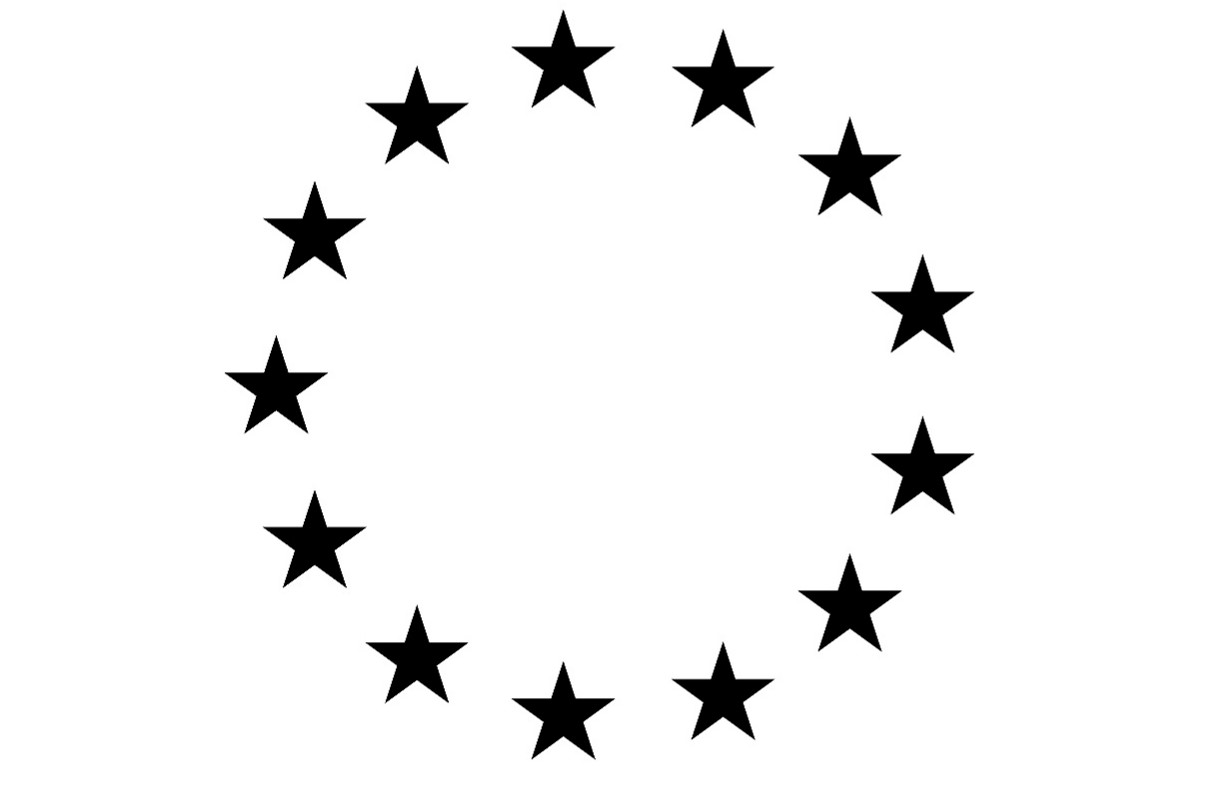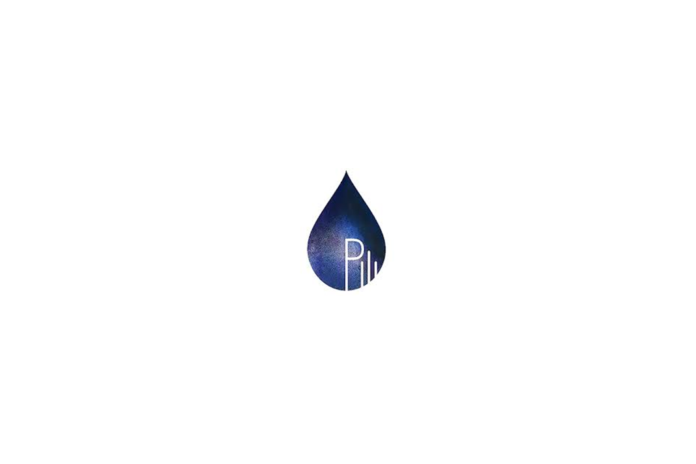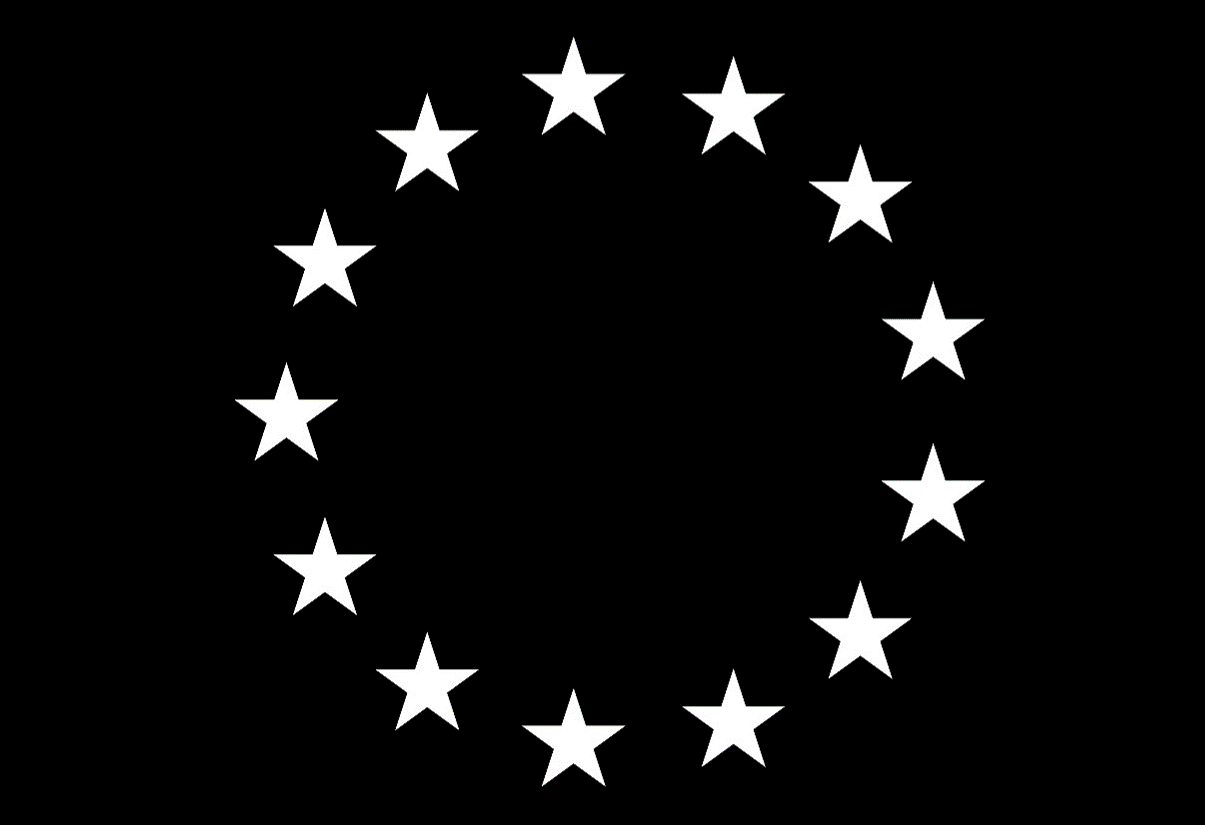France-based, PILI produces sustainable dyes & pigments to reduce the environmental footprint of the color industry (today, 99% of colors are produced with fossil fuels), currently targeting the most polluting applications such as textiles, inks, polymers, paintings & coatings. PILI’s natural pigments are said to have a carbon footprint 5x less than current dyes. Likewise, PILI strives to reduce the dependence on several Asian imports – needed to produce colors – hoping to (re)create a European supply. The startup has developed a completely new dyeing tech (covered by 9 patents already), designing “enzymatic cascades” that turn feedstock such as sugar/ molasses as well as trace elements into dyes (with a wide variety of color hues) in a cell factory (which requires no fossil fuels or toxic inputs). “Instead of a tasty beverage, we ‘brew’ renewable, sustainable color”. Now then, large-scale fermentation has been deployed in the pharmaceutical industry for decades, where microbes are used to produce insulin & other valuable medications. Using a similar process design, PILI’s tech (assumed to be based on photocatalysis) can be scaled up for high production, at low(er) costs without sacrificing quality. At the end of the fermentation process, the final pigments are separated by simple filtration (because pigment molecules are so small relative to the size of bacteria, this is a straightforward process that yields a pure final product). Founded in 2015 by Guillaume Boissonnat (Chief Science Officer), Marie-Sarah Adenis (Creative Director), Thomas Landrain (Board Member) (prev. CEO) & Jérémie Blache (CEO) (prev. COO), PILI employs <40 people based at Toulouse White Biotechnology (in Toulouse), the Conservatoire National des Arts & Métiers in Paris, the Les-Roches-Rousillon chemical platform (in Rousillon) as well as an engineering office in Lyon. The startup has already secured “several million euro” in pre-orders mainly from the textile, but also ink & paint sectors. The new funding will go towards scaling its demonstrator (capable of producing several kilos) to a production unit (capable of producing several tons) in order to service the aforementioned customers. (Fun fact: PILI – from which the company derives its name – are also known as fimbriae, which are polymeric hair-like, non-motile appendages found on bacteria & archaea, which play a role in bacterial sexual reproduction (also known as conjugation) & facilitate attachment & DNA transfer). (Sidenote: France – a steward of global fashion – offers many support mechanisms for entrepreneurs in the textile industry, not least via incubators & accelerator such as ADNxIFM, Association Jean-Luc Francois, IFM Entrepreneurs, Innotex, Plug & Play Retail, Ateliers de Paris, Look Forward & Maison de Mode). <Source: presse.bpifrance.fr, business.lesechos.fr, tech.eu>


